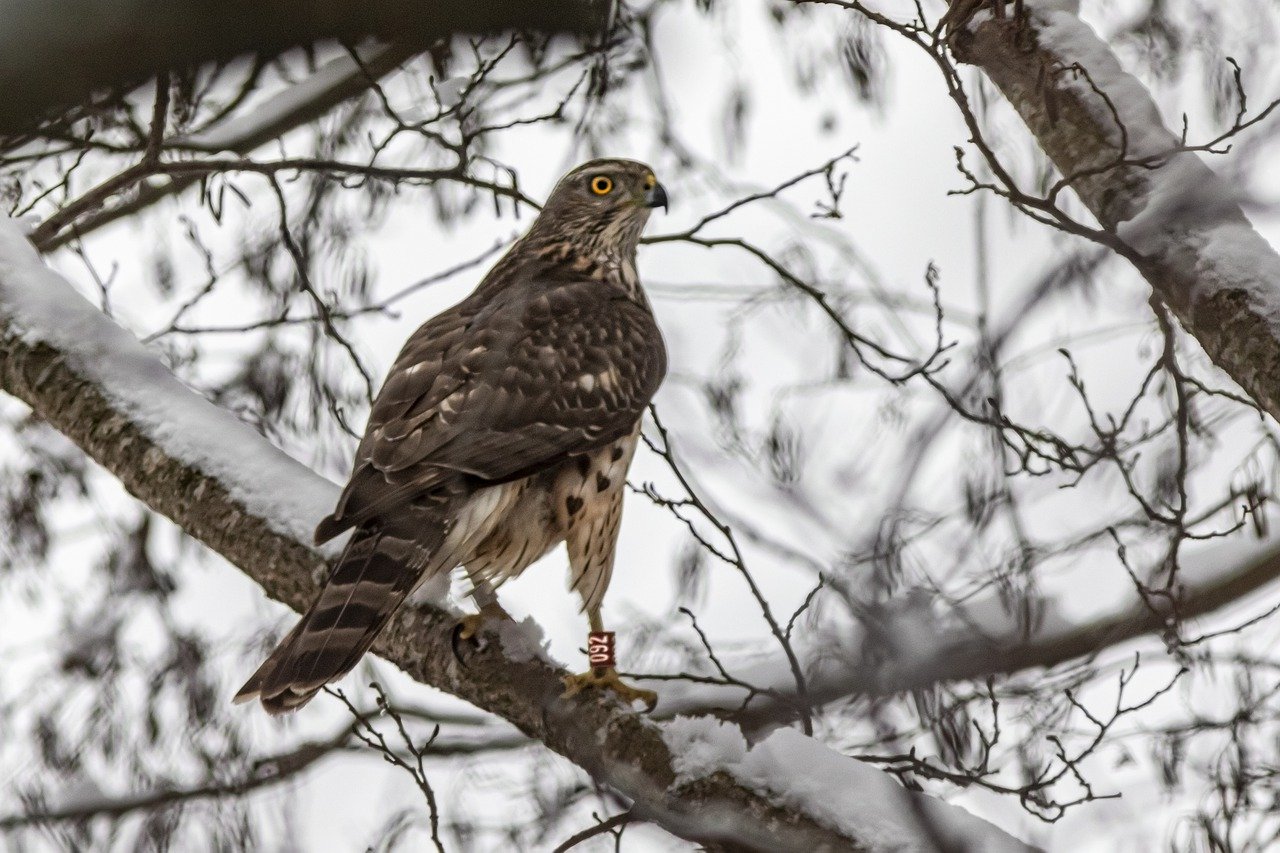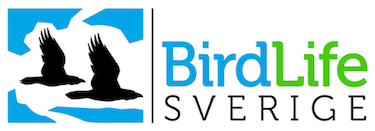Könskvoter i kullar och hanars kvalitet hos duvhök Accipiter gentilis
DOI:
https://doi.org/10.34080/os.v11.22861Nyckelord:
könsdimorfism, häckningsbiologi, parningssystemAbstract
In some bird species, brood sex ratios have been shown to vary with male quality and time of season. Sex ratio adjustment in favour of males would be adaptive if sons inherit their fathers characters that increased their attractiveness to females. In species without obvious sexual ornaments, as in Goshawks, female choice must be based on other characters. One possible male quality character is his ability to defend and protect a good territory. Brood sex ratios skewed towards males have been reported in Goshawks, but only in broods of four young did the male/ female ratio differ significantly. In the present study of Goshawks in Sweden I registered a total number of 953 females and 1,054 males (=52.5% males) in 745 broods, which is significantly different from parity. However, in the 116 broods with four young I did not find any evidence for my hypothesis about different sex ratio among clutches or territories.
Nedladdningar

Downloads
Publicerad
Referera så här
Nummer
Sektion
Licens
Författaren/författarna innehar copyright för varje enskilt bidrag, men samtliga bidrag är publicerade under en Creative Commons-licens, så att vem som helst kan dela och återanvända bidraget förutsatt att copyright-innehavaren erkänns.







